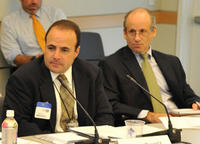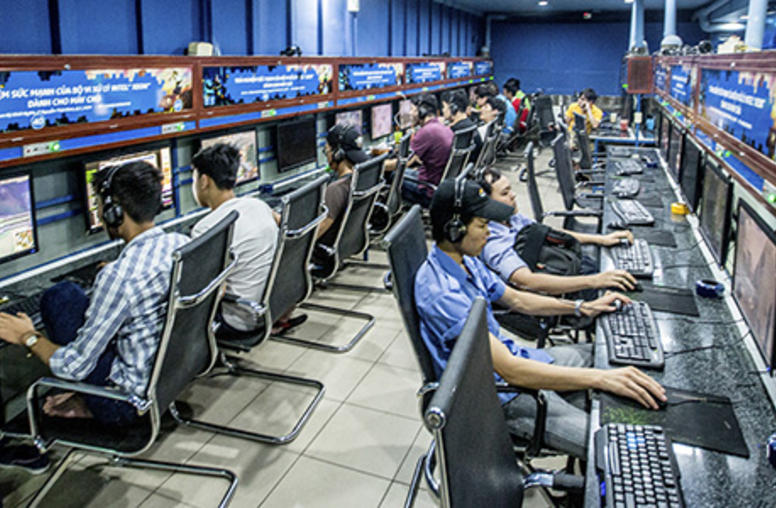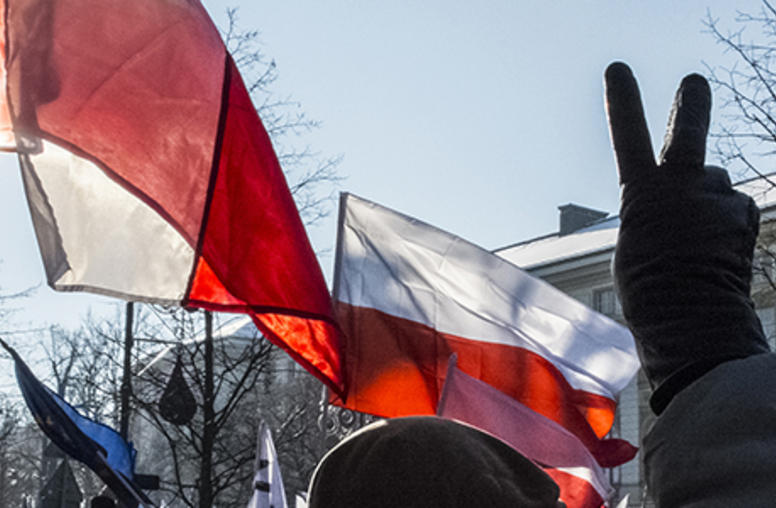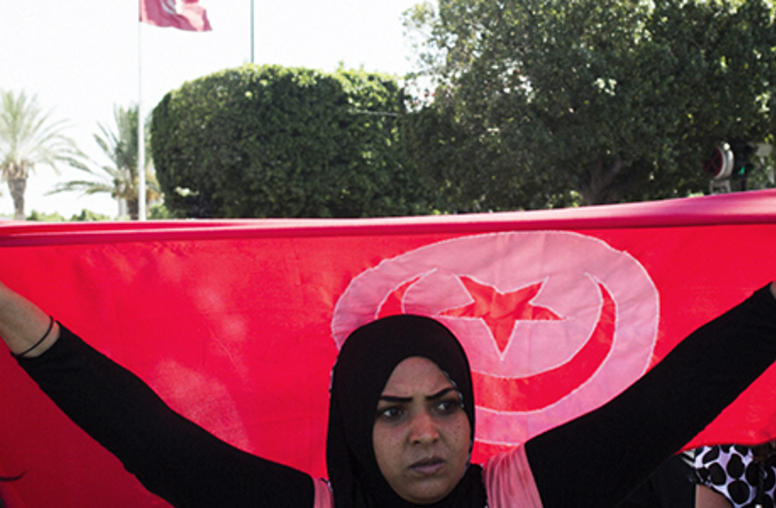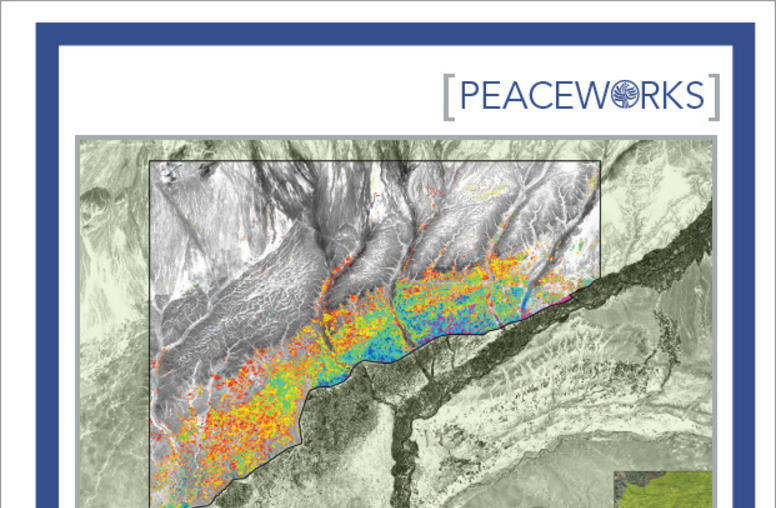Workshop on Using Data to Enhance Food Security
This Workshop brought together experts in food security, information technology, and conflict to explore how technology solutions might support better tracking and response by different stakeholders in a food crisis. In four sessions across the day, participants investigated how data sharing can support better response to food crises.
This Workshop brought together experts in food security, information technology, and conflict to explore how technology solutions might support better tracking and response by different stakeholders in a food crisis. In four sessions across the day, participants investigated how data sharing can support better response to food crises.
Discussion organized around data as a means for designing interventions and as means for motivating action. For example, what data would provide a better understanding of needs in country and help identify those intervention activities most likely to enhance food security? Also, how can collaboration and data sharing platforms and technology help to build the stakeholder networks necessary to generate the political will, monetary support, and operational capability necessary to support interventions?
